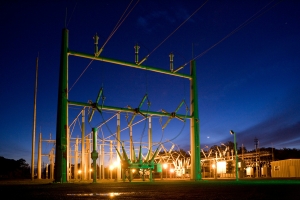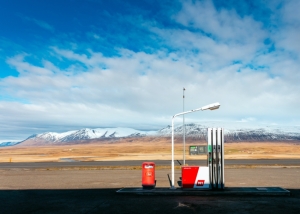Will Fossil Fuels Go Away?
Things to think about
“Things that make you go hmmm…” This was a tag line of Arsenio Hall, an early 90s late-night talk show host. That same phrase came to mind when reading a recent New York Times article entitled, “A New Surge in Power Use is Threatening U.S. Climate Goals.”
Unintended consequences of pushing electricity use to reach climate goals
Becoming carbon neutral by some future date has been the craze and focus of many nations around the globe. To meet these goals, one of the largest steps has been a driving focus on electricity consumption powered by non-carbon sources. This focus however, seems to be having some unintended consequences.
Incredible increase in demand for electricity
“Peak demand in the summer is projected to grow by 38,000 megawatts nationwide in the next five years.”
“By 2030, electricity demand at U.S. data centers could triple, using as much power as 40 million homes.”
“American manufacturing is hitting a 50-year high, fueled by new federal tax breaks to lift microchip and clean-tech production.”
“PJM Interconnection. . . is now expecting an additional 10,000 megawatts of demand by 2030 that wasn’t forecasted last year.”
All these statements from the New York Times article show that one side of the carbon reduction goal – getting people to use electricity – appears to be right on track. Meeting that goal with non-carbon sources, may be another story.
Utilities are unable to meet the demand by using only renewable fuel sources
“Georgia, North Carolina, South Carolina, Tennessee, and Virginia are proposing to build dozens of power plants over the next 15 years that would burn natural gas.”
“Southern Environmental Law Center. . . has identified at least 33,000 megawatts worth of gas projects being proposed by utilities across the Southeast, plants that could stick around burning fossil fuels for decades.”
Utilities see the onslaught of demand and yet are unable to meet that demand by solely employing renewable fuel sources. Solar energy is not 24/7. Battery storage is still not what it needs to be. And, as the article also points out, these utilities know that they can effectively build, implement, and receive a return for a carbon-based fuel solution while still using fossil fuels.
Change is hard, costly, and time-consuming
These efforts run contrary to the current climate reduction goals. So how could this growing demand for electricity be met while also reaching climate reduction goals? One expert mentioned in this article, posed this antidote, “It is entirely feasible to meet growing electricity demand without so much gas, but it requires regulators to challenge the utilities and push for less traditional solutions.”
But changing an entrenched industry is hard, costly, and time-consuming. It can also be very political because a change could very easily have a negative impact on the pocketbook of voters.
Fossil fuels are not going away
So back to our original question. . . Will fossil fuels go away? Likely not. And we can probably guarantee that they will be in use for several more decades. There are no clear solutions for quick, renewable electricity supply and demand is clearly outpacing that supply. Until those dynamics shift, fossil fuel will continue to be an important factor in the global energy equation.
Will Fossil Fuels Go Away?
By JD Buss







